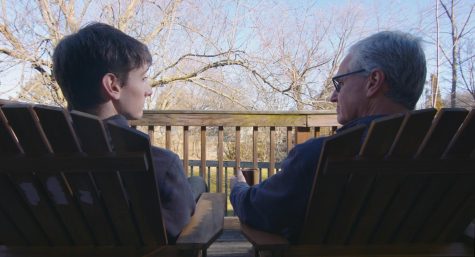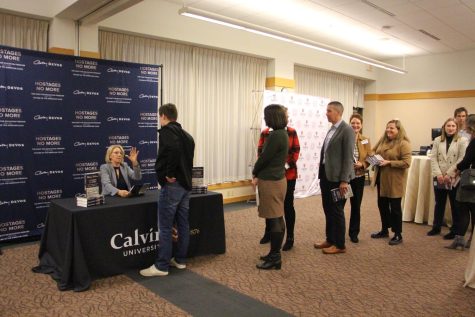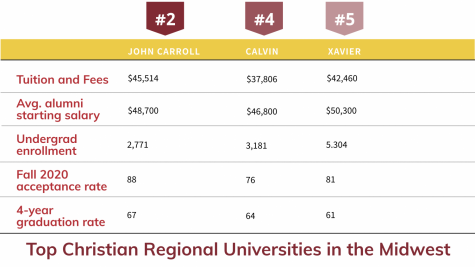Ebola Outbreak in West Africa Prompts Delay of Ghana Semester
The worst Ebola outbreak in history hit West Africa this year with 3,000 cases reported so far in the countries of Guinea, Liberia, Nigeria and Sierra Leone. With Calvin students preparing to study abroad in Ghana — near the outbreaks — this fall, a Calvin task force convened to decide whether to move forward with the Ghana program.
Members of the task force included President Le Roy, Provost Cheryl Brandsen, and representatives from admissions, off-campus programs, health services and student life offices.
After much deliberation, the task force called for the Ghana semester to move forward following a one-week delay.
The task force began monitoring the Ebola outbreak when it began in July, weeks before the Ghana semester was set to launch, though the off-campus programs office had been monitoring the situation since spring.
“The week prior to the Ghana semester, events concerning the virus were really hitting the news,” said Don De Graaf, director of off-campus programs.
During that week, Nigeria joined the list of West African countries with new Ebola cases. Shortly after, the World Health Organization (WHO) declared Ebola an international public health crisis and the Center for Disease Control (CDC) announced that it would release international travel guidelines for those visiting West Africa.
“With all the unknowns,” De Graaf said, “the task force felt it was important to delay the start of the Ghana semester while additional information was gathered related to how Ebola was being contained in West Africa and what other schools were doing in response to the outbreak, and to make sure that Calvin had a contingency plan in case the Ebola virus spread to Ghana once our students were there.”
Before there were any suspected Ebola cases in Ghana, the task force postponed the Ghana semester for a week to evaluate the risk of Ebola spreading to Ghana. Calvin was among 25 other colleges located across the world that reconsidered their plans to send students to study at the University of Ghana. All but one of these colleges allowed their study abroad programs to continue.
“The verdict we reached was that the Ebola virus was very much contained outside of Ghana. We talked with lots of experts and decided the chance of the virus reaching Calvin students was incredibly low,” said De Graaf.
While suspected Ebola cases did occur after Calvin postponed the trip, none of these cases turned out to be Ebola. The outbreak remained concentrated in Guinea, Sierra Leone, Liberia and Nigeria, so the task force decided to confirm the trip.
A separately created task force also discussed the very small possibility that a student returning from travel in West Africa might be a carrier of the disease.
According to health services director Laura Champion, “the risk of Ebola reaching the U.S. is very low. There is a greater likelihood of being aboard a plane crash.” Ebola is not a food-borne, air-borne, or water-borne illness and can only be spread via direct contact with an Ebola carrier’s bodily fluid or organs, or indirectly with environments contaminated with such fluids.
Champion emphasized that the task force decided to hold the Ebola screenings to remain within international, national and state protocol.
“We are abiding by the recommendations of various health departments, including the World Health Organization, Center for Disease Control, and state health officials,” said Champion.
Champion also dispelled the notion that there is a growing paranoia regarding a possible Ebola spread to the U.S.
“The goal of the task force is to stay well informed, base everything on fact, be cautious, but prudent…Nothing about the situation has made us fearful,” she said.
“We want to be welcoming to our incoming international students and handle the Ebola situation with empathy and care,” said De Graaf. “Calvin is trying to make sure we do things right, both for students leaving for a semester abroad as well as for international students who are coming to Calvin to study. The health and safety of Calvin students is our top priority.”






